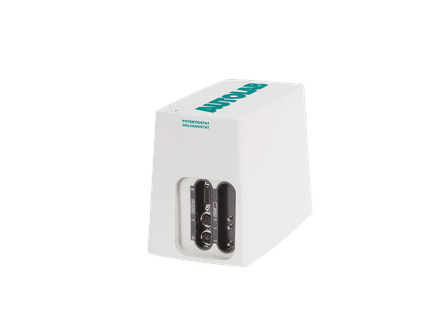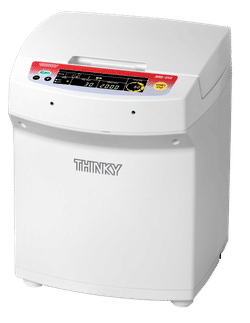To use all functions of this page, please activate cookies in your browser.
my.chemeurope.com
With an accout for my.chemeurope.com you can always see everything at a glance – and you can configure your own website and individual newsletter.
- My watch list
- My saved searches
- My saved topics
- My newsletter
IsoxylIsoxyl (Thiocarlide; 4,4'-diisoamyloxydiphenylthiourea) is a thiourea chemical that was used in the 1960s to successfully treat tuberculosis (TB). It has considerable antimycobacterial activity in vitro and is effective against multi-drug resistant strains of Mycobacterium tuberculosis. Isoxyl inhibits M. bovis with six hours of exposure, which is similar to isoniazid and ethionamide, two other prominent anti-TB drugs. Unlike these two drugs, however, isoxyl also partially inhibits the synthesis of fatty acids. Product highlightIsoxyl was developed by a Belgian company, Continental Pharma S.A. Belgo-Canadienne in Brussels, Belgium. The head researcher was Professor N. P. Buu-Hoi, head of Continental Pharma's Research Division. Categories: Antibiotics | Thioureas |
| This article is licensed under the GNU Free Documentation License. It uses material from the Wikipedia article "Isoxyl". A list of authors is available in Wikipedia. |







